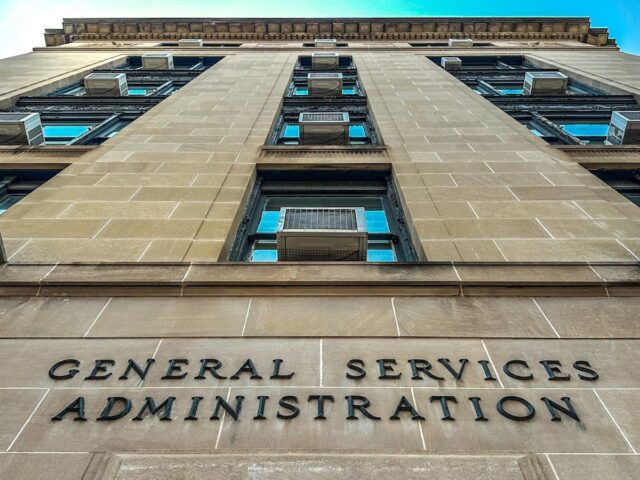
The Trump administration has launched an aggressive cost-cutting initiative, targeting excessive government spending on consulting contracts. This move has placed major firms such as Deloitte, Accenture, Booz Allen Hamilton, and Guidehouse under scrutiny, as federal agencies seek to justify the necessity of their services.
Deloitte Contracts Terminated
Deloitte has been hit the hardest, with 129 contracts canceled, resulting in an estimated $371.8 million in savings. The firm, which earns approximately 9% of its revenue from government contracts, now faces significant financial implications as federal agencies tighten their budgets.
The General Services Administration (GSA) has ordered consulting firms to provide detailed justifications for essential contracts by March 30. The review extends across multiple federal departments, including defense, healthcare, and infrastructure, where consulting services are deeply embedded.
Industry-Wide Impact
Deloitte is not the only firm feeling the pressure. Other major consulting firms, including Accenture, Booz Allen Hamilton, and Guidehouse, have also come under review. These companies, which collectively generate $65 billion in annual fees from government contracts, are now at risk of losing significant portions of their revenue.
The GSA has set an ambitious cost-cutting goal of $130 billion in immediate savings, with a long-term objective of reducing $1 trillion in government expenditures. This effort aligns with the administration’s broader strategy to streamline federal spending and eliminate inefficiencies in outsourcing.
Concerns Over National Security and Innovation
While the cost-cutting measures aim to reduce wasteful spending, critics argue that scaling back consulting services could impact national security, technology development, and essential public services. Consulting firms provide expertise in areas such as cybersecurity, defense strategy, and public health infrastructure, making them integral to government operations.
For example, Booz Allen Hamilton has played a key role in cyber defense initiatives, while Accenture has provided IT modernization solutions for federal agencies. If contracts are slashed too aggressively, some experts warn that government agencies may struggle to fill the knowledge gap, potentially leading to inefficiencies or security vulnerabilities.
What’s Next?
As the March 30 deadline approaches, consulting firms must now prove their value to retain government contracts. The GSA is expected to release a detailed report outlining which contracts will be retained, renegotiated, or terminated.
This unprecedented crackdown on consulting fees could reshape the relationship between the federal government and private-sector advisors, forcing firms to adapt to a new era of reduced government spending.
Whether this move results in genuine savings or unintended consequences remains to be seen, but one thing is clear—Washington’s reliance on big consulting firms is under significant reevaluation.



